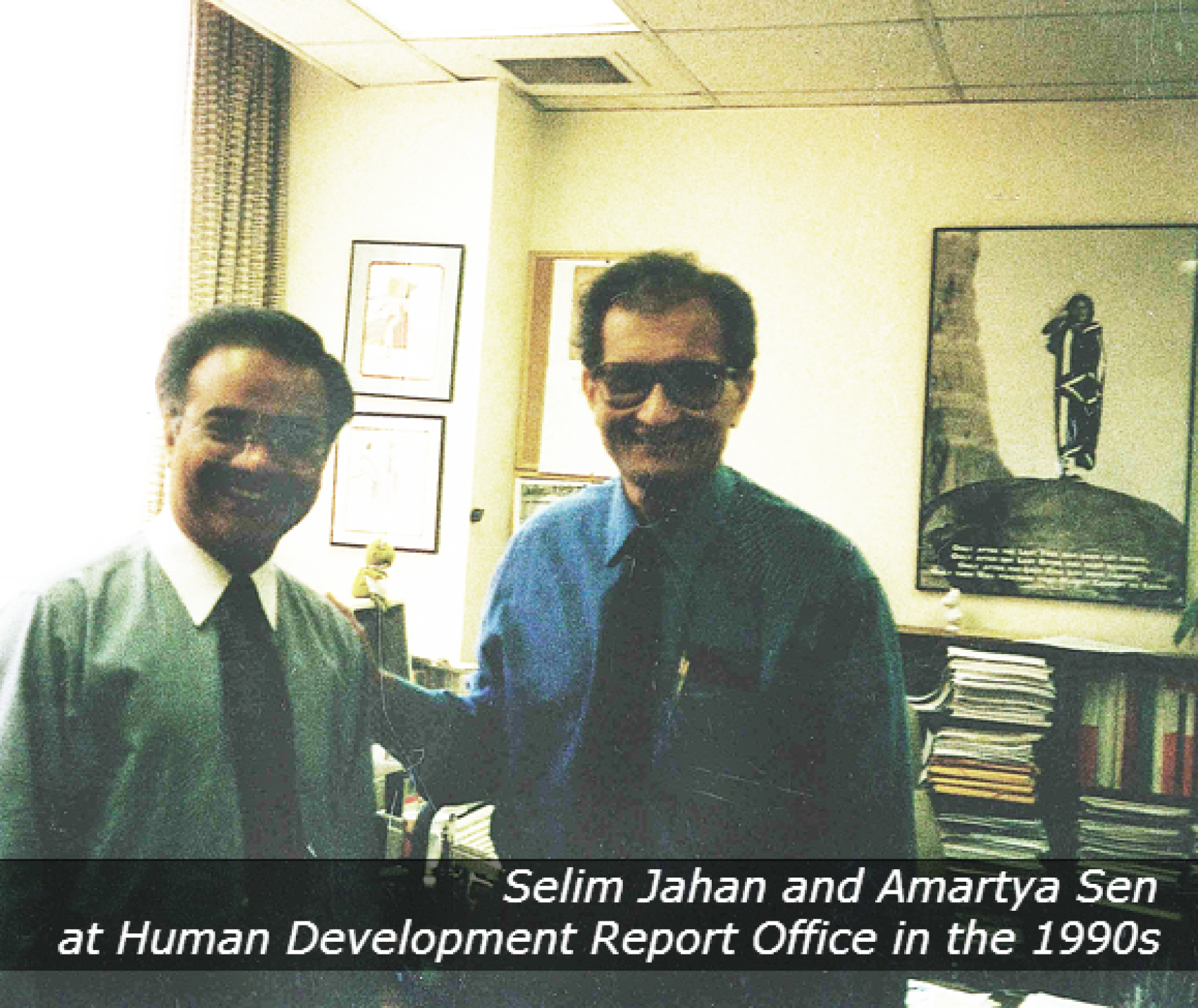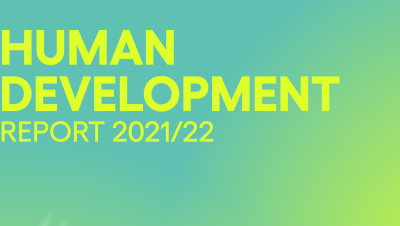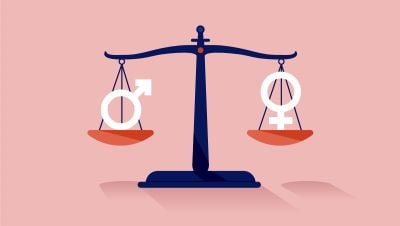It is an intellectual enterprise' as Mahbub ul Haq, a fan of the Star Trek, would fondly refer to the Human Development Report – his brainchild, and sure, he was the captain of the enterprise. Needless to say, Amartya Sen in many ways was the navigator of it. And it is this enterprise with its dynamism, out-of-box thinking, intellectual courage, and challenging the orthodoxy that attracted me to it. Well, what a journey I have had over the last quarter of a century in various roles - as a core-author of the Report, as a vivid reader and as a committed champion of it. And it is good to be back home as I took the rein of the Report less than a year ago.
From the very beginning, the Human Development Report took, in the language of Robert Frost, the road not taken and that has made all the difference. It pursued an alternative way of looking at development and measuring it and it put people, and not the economy, at the centre of development, as active agents and as beneficiaries that that changed everything.
Yes, over the years, the Report has changed the content and the tone of the development dialogue and the discourse around the world, has measured development results with indices, which may be as vulgar as the GDP per capita, but not as blind as GDP per capita to the broader aspects of human well-being, has provided advocacy tools to civil society and informed and influenced policy-making – not to mention exciting academics and researchers in many parts of the world for further substantive work and investigation in this area. Countries and societies have embraced the idea and to date, more than 700 National Human Development Report have been produced and this enterprise has gone to sub-national levels as down as the municipalities.
The Human Development Report has never been an ivory tower initiative. Over the years, its choice of contemporary themes, clarity and robustness of its analysis, innovative data and information, lucidity of its language and simplicity of its presentation but with courage and conviction has won many hearts around the globe. In recent times with modern devices for information and communications, over 4 million people visit our website every year, with more than 350,000 hits on our latest Reports.
But all these success do not make us complacent, rather it induces us to aim for even higher goals. We recognize that the world has changed over the last 25 years since the first publication of the Human Development Report. Today, and we live in a world with a different set of contexts, challenges and of course, opportunities. The world is becoming more unequal, unstable, and unsustainable. We are about to enter the Post-2015 Development Agenda. The expectation from the Human Development Report enterprise is high in terms of intellectual thinking anchoring the agenda, new ways of measuring and reporting development outcomes behind and substantive leadership in supporting development actors in achieving the Agenda. The challenge is big and we are ready for that. The 2015 Human Development Report on Rethinking Work for Human Development is a contribution to that effort.
We look back and celebrate what we have achieved. We take lessons from our success and also from our mistakes. But the Human Development Report does not live in the past; rather it looks forward into the future. A quarter of a century ago, an intellectual enterprise started its voyage, and the time has come to revisit the concept and the measurements of human development – to address some of the conceptual issues that we have not addressed (e.g. individual versus collective choices), to examine some of the new issues that have emerged (e.g. how to sustain human development progress when shocks and vulnerabilities are the new norms), to reassess the composite indices (e.g. the Human Development Index itself) as more such indices for human well-being and better data have merged over the years. The 2016 Report, which will be the 25th Human Development Report, may be an opportune one to revisit human development paradigm.
We have come a long way. The past has made us what we are, but it will not limit us what we will be. The intellectual voyage that started 25 years ago will continue with new vigour, new vision and new motivation and the enterprise will attempt to achieve new heights. And I ask all of you, whoever you are and where ever you are, to join us in that journey as I joined 25 years ago.


